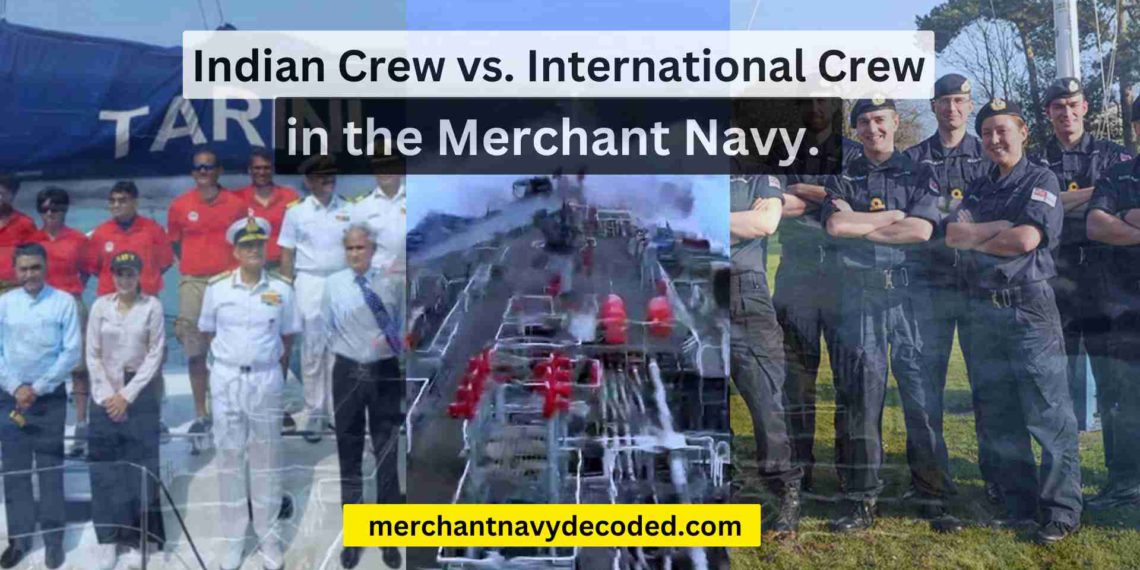Indian Crew v/s International Crew in Merchant Navy.
1: What is Merchant Navy?
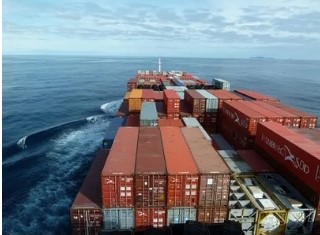
- The Merchant Navy is a global fleet of commercial vessels engaged in transporting goods and passengers across international waters.
- The fleet includes various types of ships, from cargo carriers to cruise liners, and is manned by a skilled and diverse workforce comprising sailors, officers, and support staff.
- The Merchant Navy plays a vital role in facilitating global trade and commerce, serving as the backbone of the shipping industry and contributing significantly to the interconnectedness of the world economy.
2: Importance of having a diverse crew onboard a ship.
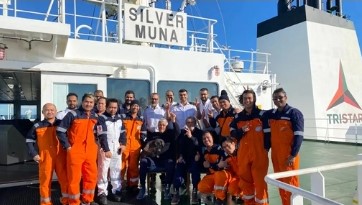
Having a diverse crew on a ship is like having a team of superheroes with different powers. Each person brings something unique to the table, making the whole journey safer and more exciting.
It’s not just about driving the ship; it’s about understanding different cultures, languages, and ways of doing things. This diversity is like a secret weapon that helps ships navigate the vast waters and overcome challenges.
So, in this blog, we’re going to explore the adventure of having crews from different backgrounds—some from India and some from all around the world. We’ll discover the strengths they bring, the challenges they face, and how, when combined, they create a dynamic force that keeps the maritime world sailing smoothly
3: Indian Crew onboard | Navigating the Seas with Skill and Challenges.
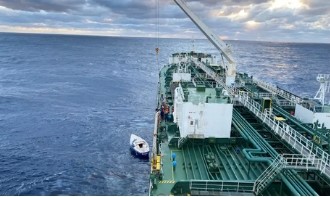
3.1: Overview of the Indian Maritime Workforce:
- India boasts a robust and skilled maritime workforce, a vital component of the global shipping industry. Indian seafarers contribute significantly to the operation of diverse vessels, ranging from cargo ships to oil tankers.
- Their presence on international waters reflects the nation’s rich maritime heritage and the dedication of its seafaring professionals.
3.2: Strengths of Indian Seafarers:
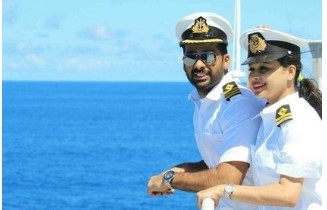
Technical Expertise –
Indian seafarers are renowned for their technical prowess. Rigorous training programs and educational initiatives have equipped them with a deep understanding of ship operations, navigation systems, and maintenance protocols.
Cultural Adaptability –
One of the standout strengths of Indian crew members is their cultural adaptability. With a diverse and pluralistic society at home, Indian seafarers bring a natural ability to understand and respect different cultures.
Communication Skills –
Effective communication is the cornerstone of maritime operations, and Indian seafarers excel in this regard. Proficient in English, the international language of the seas, Indian crew members communicate seamlessly with crewmates, port authorities, and other stakeholders. This linguistic proficiency enhances safety, efficiency, and overall teamwork on board.
In conclusion, the Indian maritime workforce stands tall with its technical expertise, cultural adaptability, and strong communication skills. While language barriers and perception challenges persist, ongoing efforts within the industry seek to enhance the standing and contribution of Indian crew members on the global maritime stage.
4: International Crew on Board | Sailing the Seas with Diversity and Distinction.
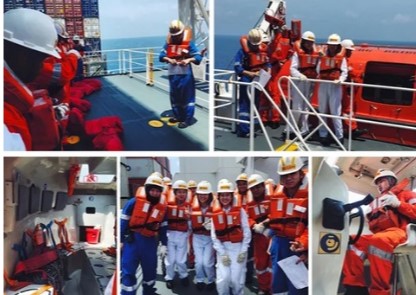
4.1: Diversity in the Maritime Workforce:
- The maritime industry thrives on diversity, and an international crew brings together individuals from different corners of the globe, each contributing their unique background and experiences.
- This amalgamation of cultures, languages, and perspectives creates a vibrant tapestry within the maritime workforce.
4.2: Advantages of an International Crew:
Multicultural Perspectives–
An international crew enriches maritime operations with a kaleidoscope of cultural perspectives. The fusion of diverse traditions and customs fosters a dynamic and inclusive working environment.
Language Proficiency–
Language is the lifeblood of effective communication at sea. An international crew, often fluent in multiple languages, facilitates seamless interaction on board and with port authorities. This linguistic versatility contributes to the safety and efficiency of maritime activities, ensuring that vital information is conveyed accurately and swiftly.
Varied Skill Sets–
Each crew member, hailing from different maritime schools and training backgrounds, brings a distinct set of skills to the table. The exchange of knowledge among crew members further enhances the overall competency of the team.
The international crew on maritime vessels embodies the strength derived from diversity. The infusion of multicultural perspectives, linguistic proficiency, and varied skill sets not only enriches the daily operations of the crew but also positions them as a formidable force capable of meeting the challenges posed by the vast and unpredictable seas.
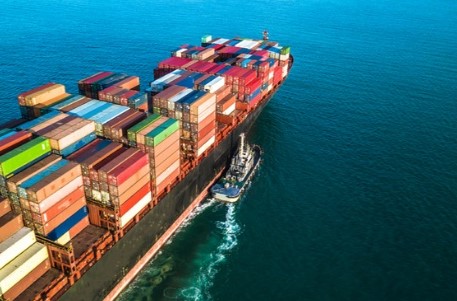
5: Advantages of Indian Crew Vs International Crew.
| Aspect | Indian Crew | International Crew |
| Cost Effectiveness | ✓ | |
| Technical Proficiency | ✓ | |
| Cultural Diversity | ✓ | ✓ |
| Language Proficiency | ✓ | |
| Variety of Skillset | ✓ |
6: Disadvantage of Indian Crew Vs International Crew.
| Aspect | Indian Crew | International Crew |
| Language Barrier | ✓ | |
| Perception Challenge | ✓ | |
| Cultural Difference | ✓ | |
| Coordination Challenge | ✓ |
7: Conclusion:-
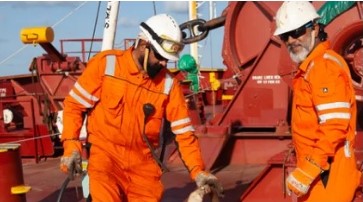
- In wrapping up our journey across the seas, let’s remember the good and not-so-good aspects of both Indian and international crews. Indian crews are like superheroes with cost-effectiveness, technical know-how, and cultural richness.
- On the other hand, international crews bring the magic of diverse perspectives, language skills, and a mix of talents. The real treasure lies in understanding and working together, just like a team of friends sailing through storms. It’s not just about what one crew can do; it’s about the symphony they create when they join forces.
- Looking forward, the maritime world is setting sail towards an even more diverse future. The industry is realizing the strength in differences and is gearing up for crews that can smoothly navigate through global challenges.
Why Don’t Seafarers Want Youngsters to Join the Merchant Navy?
Disclaimer :- The opinions expressed in this article belong solely to the author and may not necessarily reflect those of Merchant Navy Decoded. We cannot guarantee the accuracy of the information provided and disclaim any responsibility for it. Data and visuals used are sourced from publicly available information and may not be authenticated by any regulatory body. Reviews and comments appearing on our blogs represent the opinions of individuals and do not necessarily reflect the views of Merchant Navy Decoded. We are not responsible for any loss or damage resulting from reliance on these reviews or comments.
Reproduction, copying, sharing, or use of the article or images in any form is strictly prohibited without prior permission from both the author and Merchant Navy Decoded.

